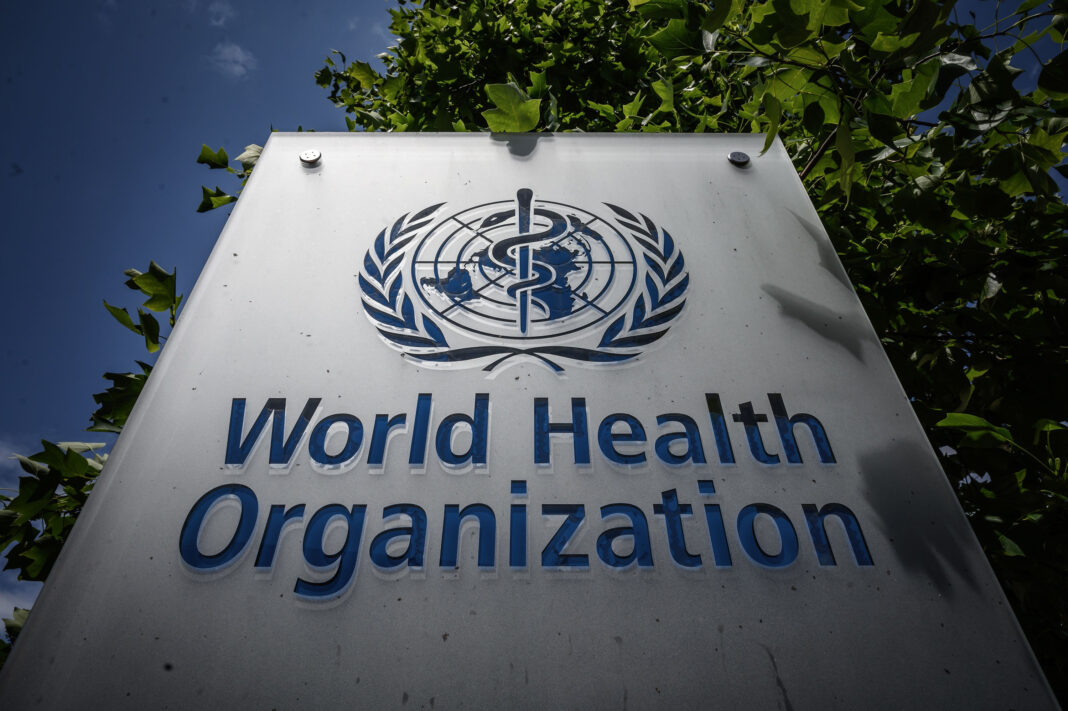No fewer than 602,000 people died of malaria across Africa last year, an official of the World Health Organisation (WHO) has said.
Dr Matshidiso Moeti, WHO’s Regional Director for Africa, said this on Monday in her message to commemorate this year’s World Malaria Day tagged ‘Harness innovation to reduce the malaria disease burden and save lives’.
“Malaria remains a significant public health and development challenge,” she declared. “In the last year, about 95 per cent of the estimated 228 million cases occurred in the WHO/AFRO Region, along with 602,020 reported deaths.
“Six of our countries, the worst-impacted by malaria in the region, are reported to have accounted for up to 55 per cent of cases globally, and for 50 per cent of these deaths.”
The commemoration of World Malaria Day is marked annually on 25 April to focus global attention on the disease and its devastating impact on families, communities, and societal development, especially in Sub-Saharan Africa.
Moeti, in her remarks, believes this year’s theme aligns with her call to urgently scale up innovation and the deployment of new tools in the fight against malaria, while advocating for equitable access to malaria prevention and treatment within the context of building health system resilience.
She said the past year has seen significant breakthroughs in malaria prevention and control, in spite of the COVID-19 pandemic.
The WHO official stated that landmark recommendations on the use of the first vaccine against malaria – RTS,S – were released by the late last year, adding that the vaccine would be used to prevent the disease among children aged six months to five years, who live in moderate to high transmission settings.
“While this is a ground-breaking advance in the development of new tools to fight this disease, with the potential to save millions of lives, supplies are currently limited,” she lamented. “As such, it is important to ensure that the doses that are available are utilised for maximum impact while ensuring the continued availability of other preventive measures to those most at risk.
“Despite some slowing of progress to reduce malaria cases and deaths, and the disruptions to health services caused by COVID-19, we are still much further ahead than we were in 2000. We need to reignite that momentum and build on the recent advances.
“The ultimate goal is to reduce the number of people catching and dying from malaria. This requires a focus on research and on leveraging available evidence to ensure that our targeted interventions are an efficient use of resources, which produce measurable results.”





